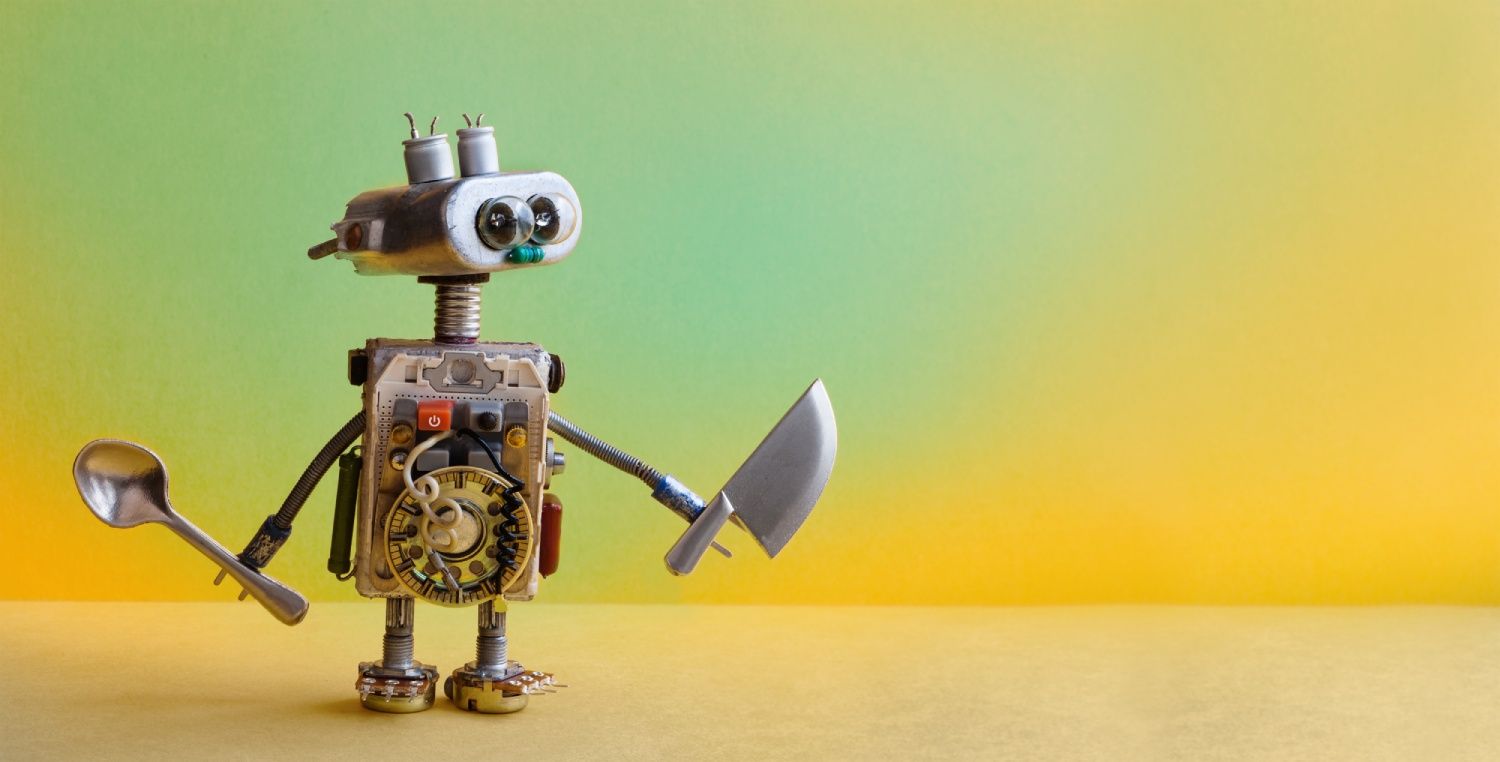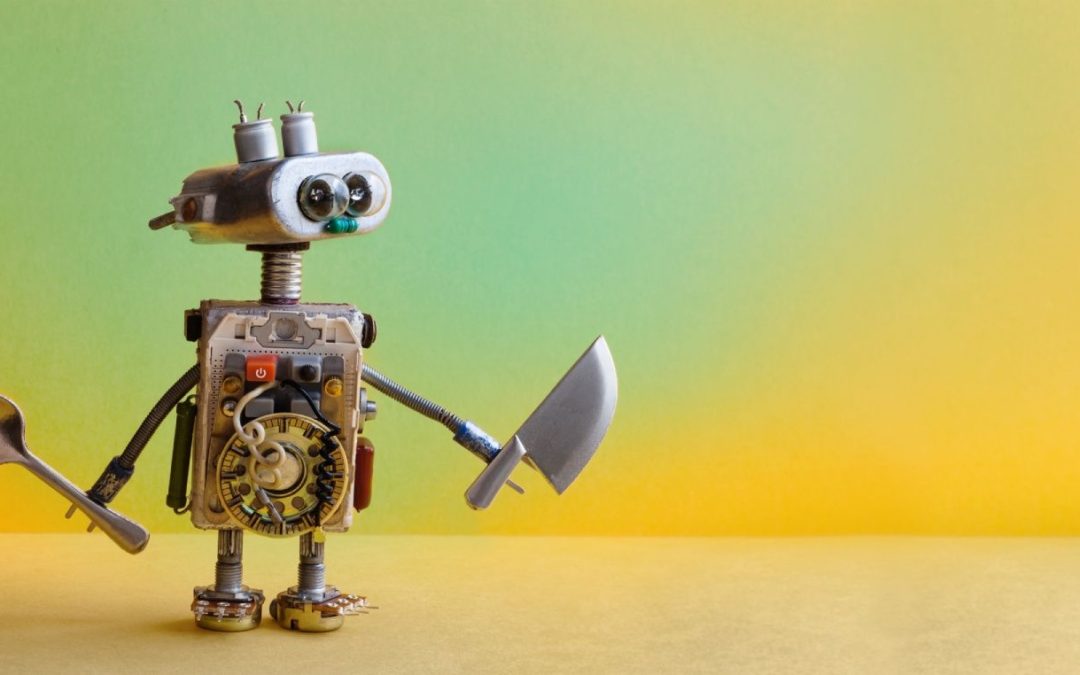
Experienced chefs trust their taste buds more than recipes. They constantly taste the food and correct it until it tastes perfect. This is something that cooking robots have a hard time doing. But now, researchers at the University of Cambridge in the UK have built a robot that can better "taste" how salty a dish is.
The advantage of the new robot is that it can taste the saltiness during different phases of eating. When we chew, our perception of the taste and consistency of the dish changes. The robot simulates the different stages and measures the saltiness of the food in each phase.
"When we taste the food, our chewing constantly signals our brain. Today's methods for electronically testing taste are based on a single taste test. Our method provides a more realistic simulation of the chewing process, which allows the robot to cook food that tastes better", says Arsen Abdulali, one of the researchers behind the robot, in a press release.
We humans have different perceptions of what tastes good and how much seasoning is needed. The researchers, therefore, intend to move on and teach the robot to taste dishes even better. The goal is a robot that can adapt the dishes to each person's taste so that everyone can get food that's perfectly tailored for them.







